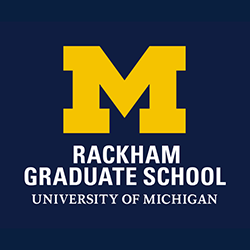Context
Higher education institutions that have undertaken institutional transformation seek to understand whether they are having impact that will outlast leadership transitions and become hard-wired into institutional routines and norms. They have also begun to explore ways to leverage collective impact, so that discrete and siloed programs addressing common challenges can pool their knowledge and resources and increase their overall efficacy.

Yet, most initiatives aimed at increasing participation of under-served groups do not track indicators of improvement at the level of institutional practice or policy or encourage a focus on collective impact. This project with the University of Michigan draws together three different initiatives at UM that share a common goal of increasing full participation and a common strategy of using information to drive change. It builds on earlier research done at the University of Michigan on their ADVANCE program—research that gave rise to the Architecture of Inclusion framework.
Project Description
The Center has developed a collaboration with the University of Michigan to produce indicators of institutional transformation and use these indicators to understand how University of Michigan is progressing toward institutionally embedded diversity in three programs aimed at advancing the participation of women and people of color in the academy. These programs include (1) Program review of graduate programs, (2) ADVANCE institutional Transformation, and (3) Masters-to-PhD Bridges programs aimed at increasing diversity. This collaborative inquiry explores how information can be mobilized to enable reflection and change, as well as how these programs can be developed so that they are integrated with each other and into their departments, and so that they become a catalyst and enabler of expanded participation of URM in graduate education and on faculties both at UM and in the larger disciplinary networks.
